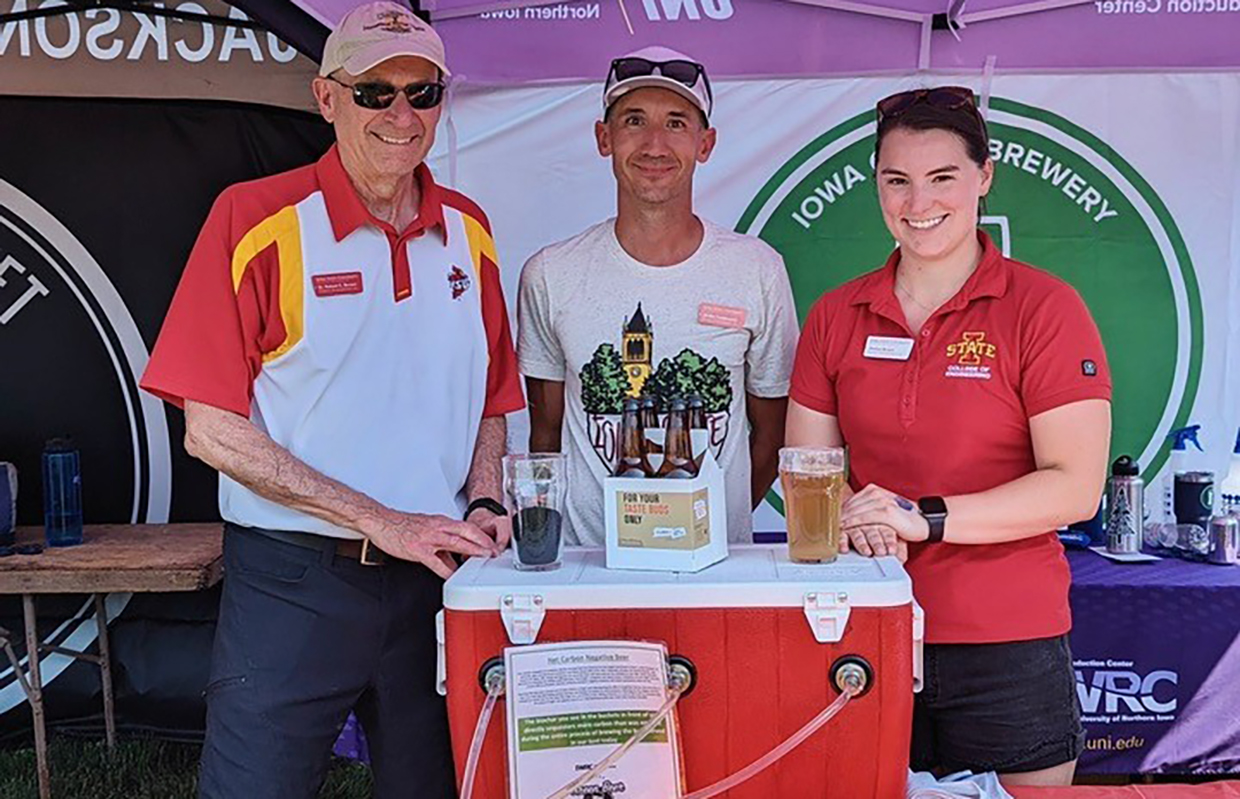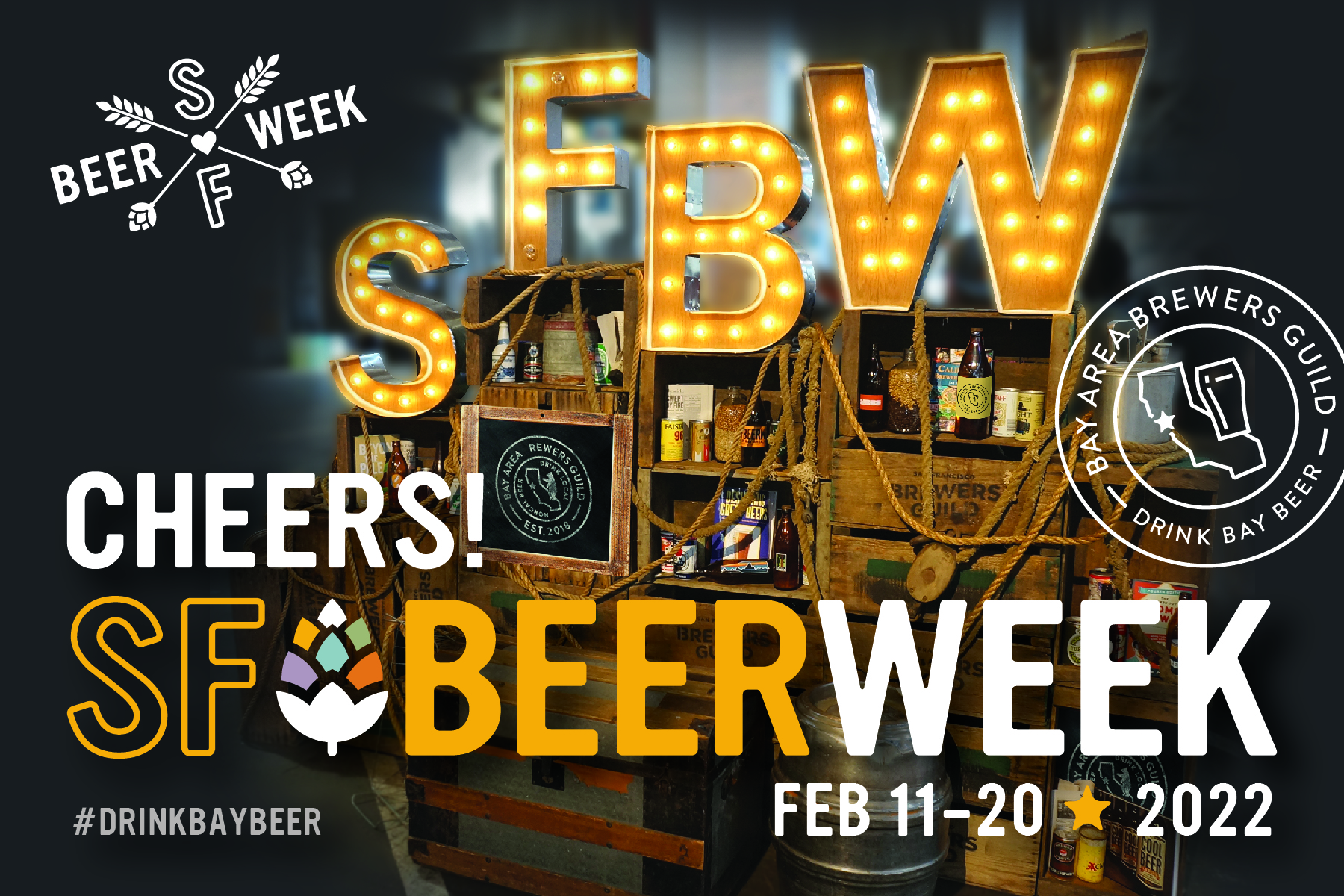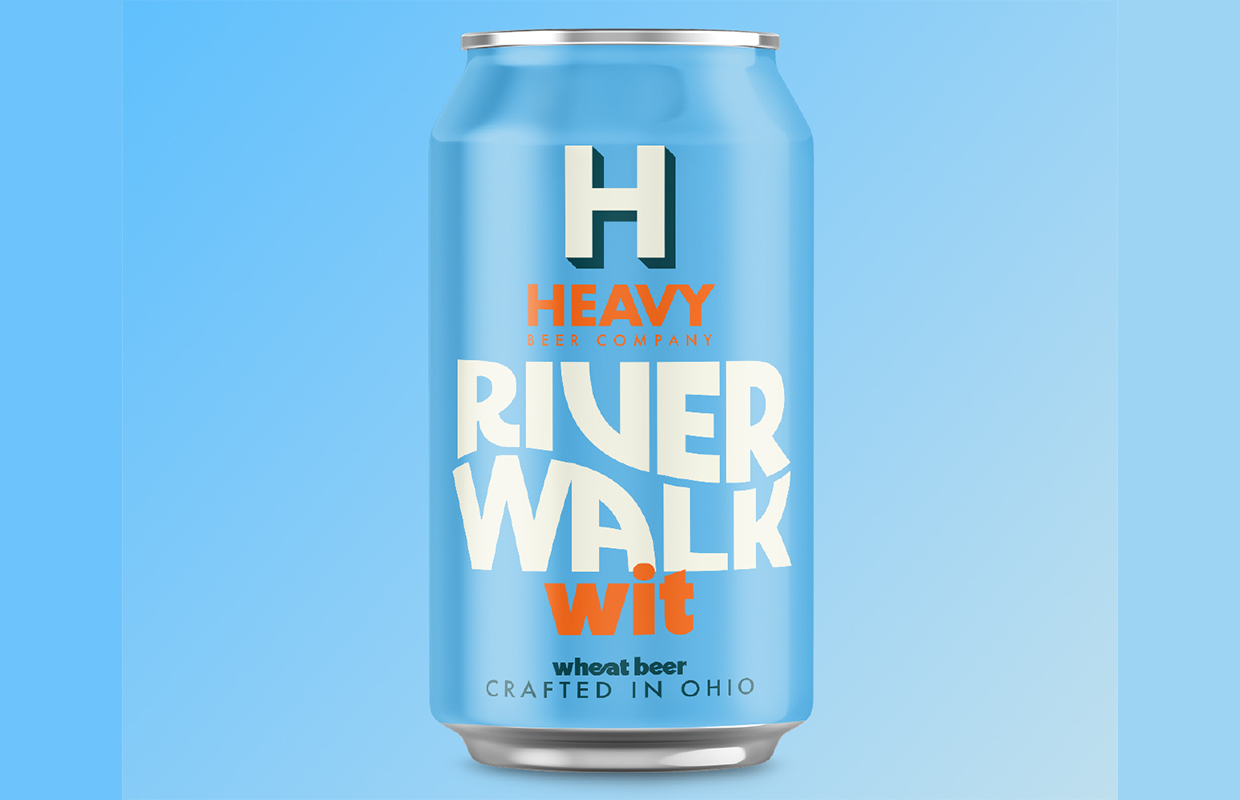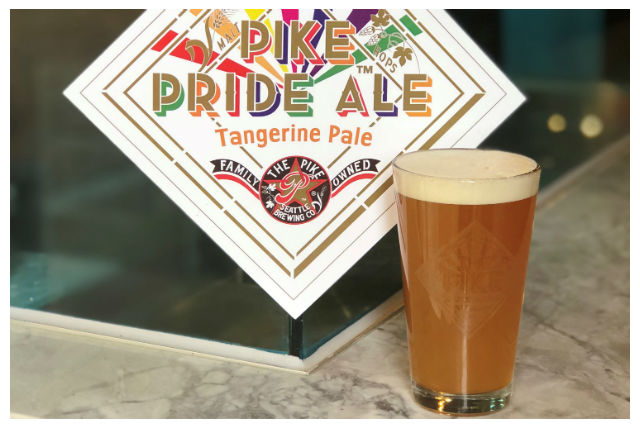
The Iowa State University Brewing Science Program and Aerospace Engineering Department’s High Altitude Balloon Experiment in Technology (HABET) partnered with AB Biotek to launch a payload of beer-brewing yeast into the stratosphere. The yeast was then used to ferment a new crisp and dry, low-carbon cream ale called Sustainable Aviation Fuel. The beer debuted at the Iowa Craft Brewing Festival in June.
Both Iowa State Brewing and HABET teams added AB Biotek’s Pinnacle Brewers Yeast as a payload on the launch of the LX-1463-B spacecraft. The yeast was launched into the stratosphere on April 26, 2023, reaching an altitude of 110,000-plus feet. A Go-Pro camera was onboard during the launch and captured images of the payload in the stratosphere. After several hours of flight, the spacecraft and payload of yeast were successfully recovered. The Iowa State Brewing Science team then got to work developing the new ale. AB Biotek’s full line of Pinnacle Brewers Yeast is available for brewers across the country and is distributed by Country Malt Group.
“This beer is all about collaboration – private industry partnering with us to support an inter-departmental brewing science educational course that sent yeast into space to create a one-of-kind beer,” said Jordan Funkhouser, research scientist and co-founder of the Brewing Science Lab. “We couldn’t do this work without partners like AB Biotek.”
The Iowa State University Brewing Science Program and AB Biotek continue innovating to advance the brewing industry. As collaborators, they aim to push the boundaries of brewing education and research, preparing future leaders in brewing to contribute to the growth and success of the industry.
“While we aren’t brewing beer in space just yet, collaborations like this are important for our team as they challenge us to deepen our knowledge about the wonderful world of yeast,” said Greg Strauss, senior vice president, AB Biotek North America. “Partnering with the brewers of tomorrow is important to us, and we look forward to creating the future of beer together.”
In addition to the ale being from space, it is also low in carbon thanks to offsets made possible by pyrolyzing oak wood and sequestering the resulting biochar. The carbon offset for one pint of the low carbon cream ale is about 12 fluid ounces of biochar, which equates to approximately three cents worth of biochar.
“Reducing carbon emissions in the production of beer is a lot harder than it sounds,” said Dr. Robert C. Brown, distinguished professor of mechanical engineering, professor in charge and founder of the Brewing Science Program, Iowa State University. “The brewing process itself only emits about four percent of the total greenhouse gases associated with packaged beer. Most emissions come from producing and malting grains, bottling or canning beer and distributing and serving beer. That’s why carbon offsets are so important to beer production as well as many other products and services.”
Details on the Iowa State University Brewing Science Program can be found at www.ccur.iastate.edu/brewing-science-program as well as future HABET launch information at m2i.aere.iastate.edu/habet/.




Be the first to comment